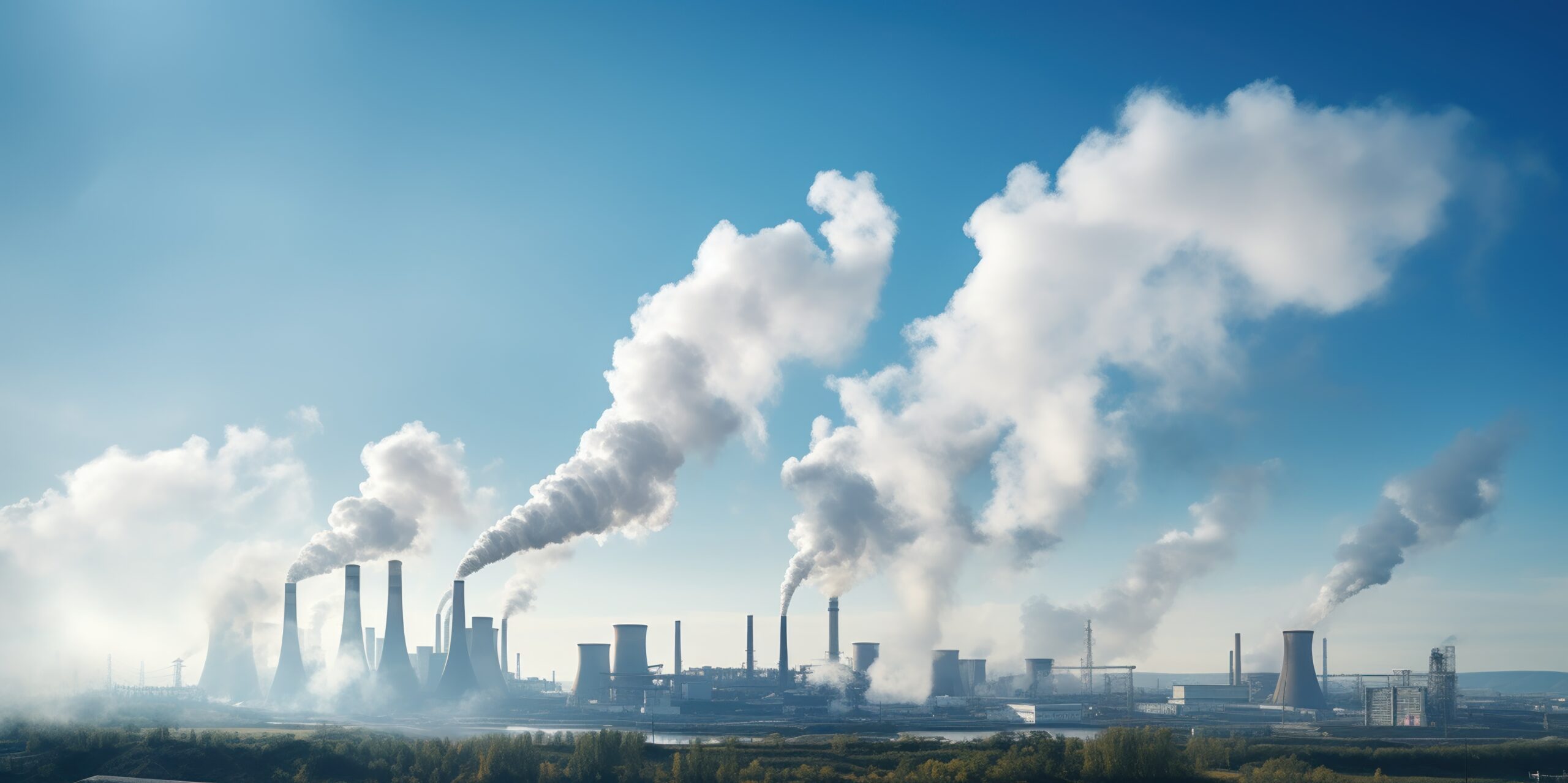Clean Industrial Deal: towards a competitive, low-carbon European industry

The Clean Industrial Deal: The European Union bets on sustainable and competitive industry
On 26 February 2025, the European Commission presented the Clean Industrial Deal, a strategic initiative aimed at transforming the European Union’s industries into drivers of sustainable growth and decarbonisation. Faced with the dual challenge of high energy costs and strong global competition, the EU is seeking to use decarbonisation as a lever to boost the competitiveness of its industries while meeting the climate objectives of the European Green Deal. This plan proposes a set of targeted measures to support the energy transition in key sectors. It also aims to strengthen the EU’s economic resilience and industrial sovereignty.
Reducing energy costs to boost industrial competitiveness
One of the major challenges facing European industry is the sustainability of energy costs. That’s why the Clean Industrial Deal sets out an action plan for affordable energy, aimed at reducing companies’ energy bills while speeding up the transition to clean energy. It includes accelerating electrification, developing new energy interconnections and improving energy efficiency in industrial sectors. The aim is to guarantee cheaper and cleaner energy, while reducing dependence on imported fossil fuels, which is essential if European industries are to remain competitive with global players.
Mobilising financing to support the green industrial transition
Financing the transition to a low-carbon economy is at the heart of the Clean Industrial Deal. The European Commission plans to mobilise more than €100 billion to support the manufacture of clean technologies, strengthen Europe’s industrial base and decarbonise energy-intensive sectors such as steel, metals and chemicals. The proposed financial measures include a revised state aid framework to accelerate investment in renewable energies and industrial decarbonisation, as well as strengthening the Innovation Fund and creating an Industrial Decarbonisation Bank. These funds will aim to support investment in the energy transition and guarantee sufficient production capacity for low-carbon technologies.
The importance of circularity and access to critical raw materials
Circularity and the management of raw materials are also taken into account in the Clean Industrial Deal. Faced with heavy dependence on imports of critical raw materials, the EU wants to guarantee secure access to these resources while promoting reuse and recycling. The plan provides for the creation of a centre for critical raw materials, which will enable European companies to pool their demands for these critical materials, creating economies of scale and greater bargaining power. In addition, the Commission plans to adopt a Circular Economy Act in 2026 to accelerate the transition to a circular economy, with the ambition of ensuring that at least 24% of materials used in Europe come from circular sources by 2030.
Fostering innovation and competitiveness on a global scale
To support industrial decarbonisation, the Clean Industrial Deal also focuses on the global competitiveness of European industry. In addition to strengthening existing trade agreements, the Commission intends to launch Clean Trade and Investment Partnerships to diversify supply chains and forge strategic commercial partnerships. The plan also recognises the central role of clean-tech sectors (electrolysers, batteries, wind power, carbon capture, etc.) as a lever for industrial transformation and technological sovereignty. The Border Carbon Adjustment Mechanism (BCAM) will also be strengthened to protect European industries from unfair competition by imposing a fair price on the carbon content of imported products. The aim of this measure is to guarantee equal competition on the global market while supporting the decarbonisation of industries on a European scale.
Skills and quality job creation for the transition
The transition to a low-carbon economy requires specific skills in areas such as clean technologies, digitalisation and entrepreneurship. The Clean Industrial Deal focuses on developing skills and creating quality jobs in Europe. A Skills Union will be set up to invest in the training of workers and meet the growing need for skills in strategic sectors linked to decarbonisation. The Erasmus+ programme will also receive increased funding, with up to €90 million to support specialised training, particularly in energy transition technologies and sustainable manufacturing.
A comprehensive plan for a low-carbon, competitive European industry
The Clean Industrial Deal outlines an ambitious roadmap for transforming European industry into a model for sustainable, resilient and competitive growth. By combining massive investment, a transition to renewable energies and efforts to reduce dependence on fossil fuels, the EU aspires to become a world leader in the green economy. The Clean Industrial Deal is not just a climate transition strategy. It sets out an industrial vision for Europe: that of a continent capable of combining innovation, economic performance and environmental leadership, while guaranteeing quality jobs at home.
More news News


